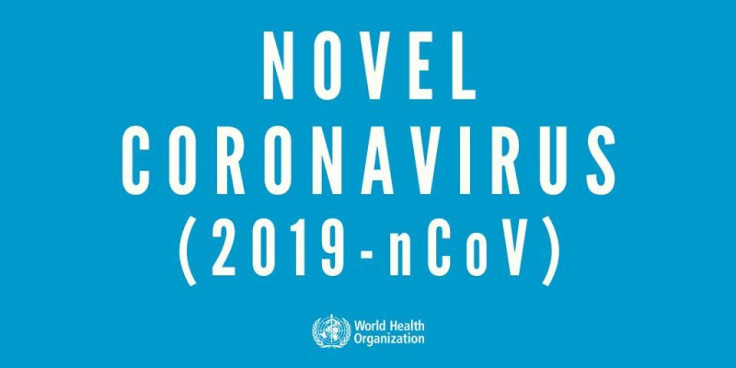Airline companies are taking extra steps to ensure that their passengers are safe and protected from COVID-19. With airplanes still flying and thousands of people still traveling amid the coronavirus outbreak, airline companies are turning to some of the world’s hardest-hitting disinfectants and stepping up aircraft sanitation efforts in their fight against the deadly virus.
Despite the implementation of travel restrictions in several countries, the travel industry is still business as usual—except that now, the standard vacuum-and-wipe cleanup on board has become hospital-grade decontaminations. With new cases of the novel coronavirus still growing, the least airlines can do is to make sure people fly in as sterile an environment as possible.
Christian Rooney, manager for aviation cleaning company JetWash Aero, revealed that members of the cabin crew typically do some straightforward cleaning at the end of every flight, no matter how limited the aircraft’s downtime is. At night when there is more downtime, they carry out a more thorough cleaning of the toilets, trays, cleaning galleys, seats, etc.
Rooney also revealed that airline companies today use only cleaning products approved by aircraft manufacturers. “Some of the disinfectants we use are effective against a wide range of pathogens and are known to inactivate complex viruses with similar properties to SARS, E.coli, avian flu, MRSA, etc.,” he said.
With the travel industry rattled by the coronavirus outbreak, airline companies’ cleaning program now includes a more comprehensive sterilization of aircrafts’ interiors, including the disinfecting of all hard surfaces within the cabin, seat and carpet cleaning, as well as washrooms.
A Qantas spokesperson revealed that HEPA filters are now being used in most air conditioning systems to kill microbes and purify the air inside the aircraft. “These filters are used in hospital operating theaters, with air in the cabin replaced every three to five minutes. This provides much cleaner air than other public spaces like trains, restaurants, shopping centers, and offices,” he said.
Delta also revealed on its website that all trans-Pacific Delta flights arriving in the U.S. have been using a fogging technique since February, as these flights come from places with reported coronavirus cases. Hong Kong airline Cathay Pacific also carries out aircraft cabin cleaning to high standards, even if that means having to take an aircraft out of service for some deep cleaning and temporarily suspending hot towels, pillows, blankets, and magazines for flights to and from any destination in mainland China.
“Out of an abundance of caution, aircraft will be taken out of service to perform extensive additional deep cleaning and supplementary disinfection when a confirmed case of coronavirus has been identified,” said the airline’s spokesperson.
Meanwhile, Dr. William Schaffner of Vanderbilt University explained that since the novel coronavirus is transmitted from person to person, the inanimate environment of an aircraft isn’t really the problem.
“Even if there is a virus in the inanimate environment, it’s not going to jump off the seat and bite you in the ankle,” he said. “You’ve got to touch your nose or your mouth. So it’s those hands we have that are the important intermediary—and that’s where I would put the emphasis. Use those wipes on your hands. That’s the important thing,” he added.

© 2025 Latin Times. All rights reserved. Do not reproduce without permission.



